Raising a puppy inevitably comes with a collection of joys, challenges, and, sometimes, nips and bites. If you find yourself constantly asking, “When will my puppy stop biting?”, you’re not alone.
The short answer? It won’t stop until you teach your puppy an appropriate alternative behavior.
Puppy biting is a typical part of growing up for dogs and can be an indication of numerous things, like playfulness, curiosity, or teething. Nonetheless, when your little fuzzy friend’s biting begins to get too frequent or too harsh, it often becomes a concern that needs addressing. This biting phase might leave you with a few scratches or tiny holes in your clothes, but it might also leave you worried about whether your adorable, toothy pup will grow into a well-behaved, bite-free adult.
In this blog, we will delve into the world of puppy growth and behaviour, helping you understand the “why” behind the bites and, more importantly, giving you an insight into the question of “when will it stop?”. Because while this early life stage might seem like a never-ending whirlwind of teeth, rest assured, it does end. It’s paramount to understand the reasons for this stage and to approach it properly to ensure the appropriate transition of your puppy into a well-mannered grown-up dog who understands human skin isn’t for biting, but the tug toy is.
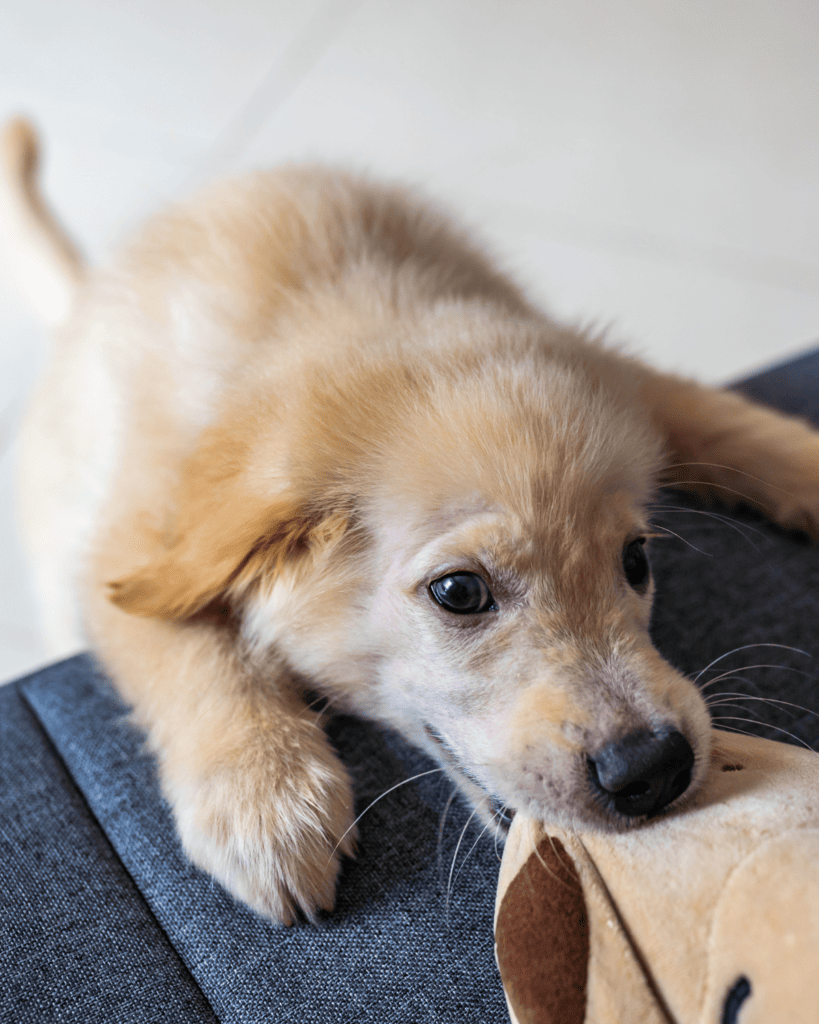
The Teething Stage of Puppies
Just like human babies, puppies go through a teething process as part of their normal development. This phase is an essential stage of puppy growth, dictating not just the growth of teeth but also the emergence of more adult-like behaviors.
Teething in puppies generally starts around 3 weeks of age, when their first set of baby teeth, also known as deciduous teeth, starts to emerge. These baby teeth are sharp and tiny, making them the culprit behind those initial puppy bites. You can expect your little friend to have a full set of baby teeth by the time they reach 6 to 8 weeks old.
But the teething process doesn’t stop there. Puppies start to lose their baby teeth and grow their permanent adult teeth from around 12 weeks of age. This second teething phase, which is quite similar to the ‘tooth fairy’ stage in humans, can often be more intense than the first one. During this time, your puppy’s gums might be sore and uncomfortable, causing them to chew or bite on things more frequently just to seek some relief. This phase usually lasts until they’re about 6 to 7 months old, by which time they should have all their 42 adult teeth.
Throughout the teething process, you may notice a variety of behaviors. Puppies often chew on toys, furniture, and unfortunately also on hands and clothes during this period. There might be moments of increased drooling and potential decrease in appetite due to sore gums. Some puppies may even be more irritable or anxious than usual. In short, if your puppy seems to be biting or chewing more than before, they could be in the throes of teething.
Just like many aspects of puppyhood, puppy teething is a phase that will pass. It’s crucial to be understanding during this time, but it is also equally important to guide your puppy towards good habits, steering that chewing intensity away from hands and towards more appropriate chew toys and aids.

Understanding Puppy Biting Behavior
While it can be a frustrating phase for any dog owner, puppy biting isn’t born out of any innate aggression or mischief. In fact, biting is a completely normal part of a puppy’s development, primarily serving as a means of exploration and play, they just have really sharp teeth that young children and new puppy owners alike find terribly painful.
Exploration
Puppies are curious creatures. With new experiences and sensations to encounter every day, they rely heavily on their mouth to explore, similar to how human babies use their hands. Commonly referred to as ‘mouthing’, puppies learn a great deal about their environment and the objects within them (including your fingers and toes) by tasting and biting them.
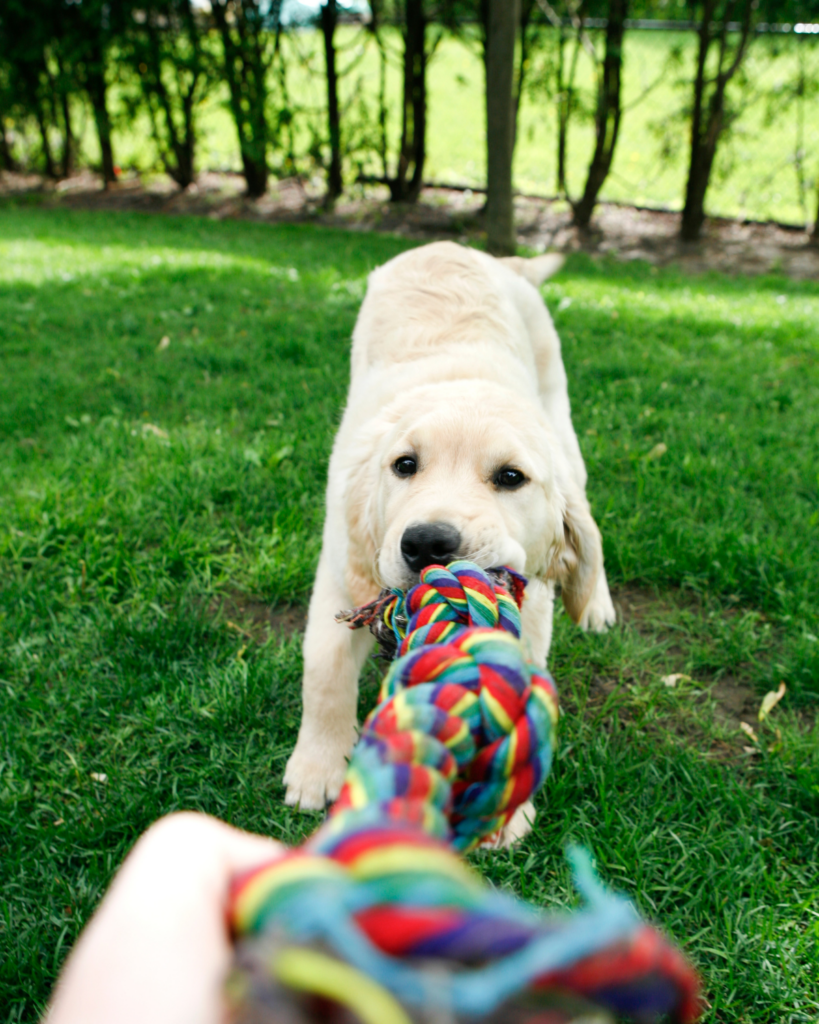
Learning and Communication
Biting also plays a major role in learning and communication amidst puppy siblings. During the early weeks, puppies will playfully bite each other while learning their strength and the reactions of their siblings. If a puppy bites too hard, its siblings may yelp and stop playing — a valuable lesson in bite inhibition, which helps them understand that biting too hard leads to an unpleasant consequence.
Play
Playtime is a crucial part of a puppy’s daily routine and biting often features prominently during their games. It’s fun, it’s engaging, and it allows them to get some of their seemingly boundless energy out. As part of their play behavior, puppies will nip and bite. It’s a good idea to manage rough play during your play session, this can easily lead to overstimulation and an increase in hard bites. Giving a couple of moments of relaxation, or changing our schedule to facilitate a nap is always going to ease “bad” behavior and excessive puppy nips.
Teething and Discomfort
As previously discussed, puppy teething is a prime time for frequent biting. The discomfort they experience can often be relieved, to some extent, by chewing or biting on objects.
Understanding these reasons can make it easier to identify when and why your puppy bites. But remember, while biting is a typical behavior, it’s also important to establish boundaries and guide your puppy towards appropriate behavior, particularly when it comes to play and social interactions.

This is great for interacting with puppy who wants to play and wants to bite! It allows pup to really engage with you and is perfect for redirecting and even better? The bungee takes your pup's yank out of it for your shoulders.

Edsel is a little pricey - but Edsel is the only toy that's lasted 5 years in my home with 3 large dogs. I don't let them sit and chomp on him like he's a bone, but we do play tug and fetch all the time.
He's the perfect intermediary for a puppy who's learning what to bite if that puppy likes human skin.
This toy also doesn't have an obnoxious squeaker! It's got a squeaker with a much better tone.
The Biting Peak Period
Puppy biting is more intense during a particular phase, known as the “biting peak period.” This period typically occurs between the ages of 8 weeks and 6 months. It is important for puppy owners to be aware of this period, as the increased biting can sometimes be misinterpreted as aggressive behavior, when in fact, it is simply a developmental stage.
There are a few reasons why puppies tend to bite more during this phase:
Teething
As mentioned earlier in this blog, puppies begin teething around 12 weeks of age and continue until they’re about 6 to 7 months old. This phase coincides with the biting peak period, meaning that the discomfort and irritation they experience due to teething contribute significantly to the increase in biting behavior.
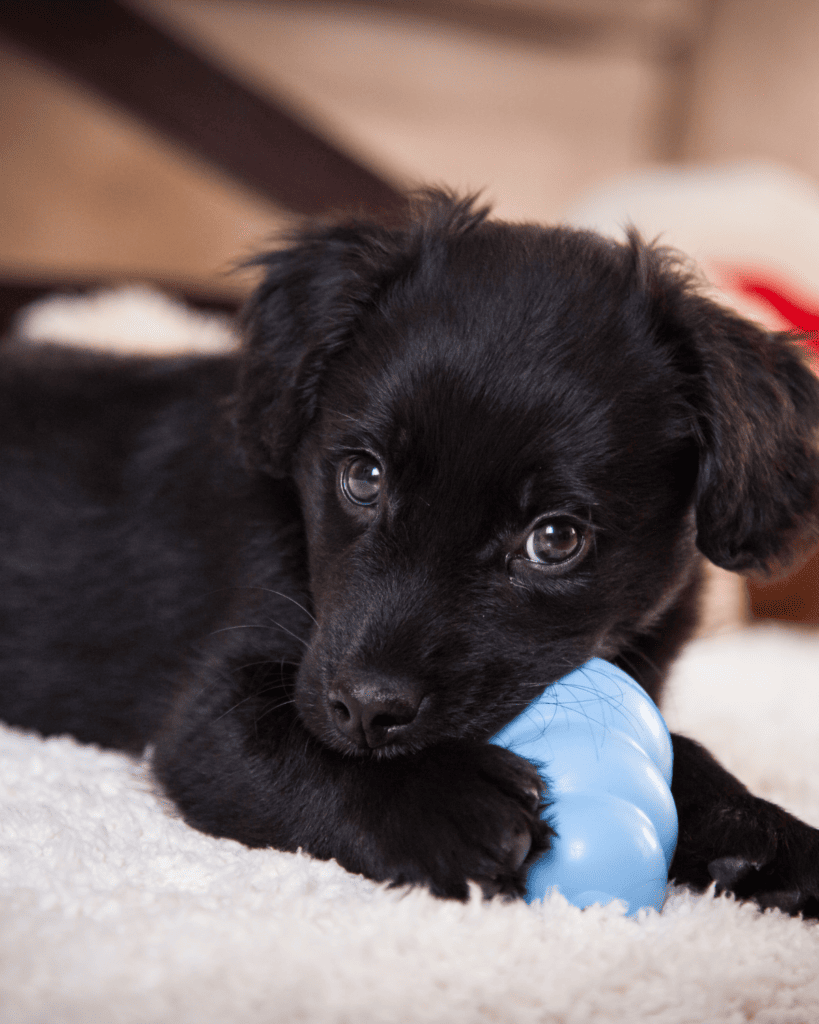
Increased Exploration and Playfulness
During this age range, puppies are not only growing physically but also becoming more confident and playful – but again – the good news is that this is normal puppy behavior and development. They’re constantly exploring new sensations and environments, using their mouth as their primary tool. Moreover, their playfulness might increase with their growing confidence, leading to more instances of play bites with both humans and other dogs.
Socialization and Learning
As puppies continue to learn and develop during the peak biting period, they are also honing their understanding of social cues and boundaries. For puppies who haven’t been adequately socialized or taught bite inhibition, this period might mark the time when their biting and nipping become more noticeable, as their interaction with other dogs and humans will gradually increase.
Understanding this peak period of biting can help dog owners develop patience and keep a more measured perspective when dealing with their puppies. It is important to bear in mind that this phase is temporary and that, with consistency and proper training, puppies will eventually outgrow most of their biting tendencies.

These chews are really interesting, they last for ages, and dogs tend to love them.
We love these as a special treat, we don't give them often, but they really do help relax dogs and bring them to a stage I call "Chew drunk", because chewing releases endorphins for dogs and soothes them. So these are a wonderful choice.
(Warning, watch your pup the first few times, strong chewers or greedy guts can be tempted to chomp it into a few pieces and just swallow it down)

These are another single ingredient chew that's bound to keep puppy focused and entertained. Whilst chews are never a replacement for a play session, this one comes close because of just how darn tasty they are!

These are root chunks from some heavy duty trees, and they crumble as opposed to splinter, so totally safe to ingest - which is awesome if you have a little pup who just can't leave the wooden furniture alone.
Redirect puppy to this, and you'll see puppy focus on the permitted chew, as opposed to the illegal chew, and it'll give pup the texture they're craving!
When Does a Puppy Stop Biting?
So when does the biting finally stop? As a general rule, puppies start to bite less frequently and less intensely around the age of 6-7 months. However, this varies among individual dogs based on factors such as breed, personality, training, and socialization.
Several changes contribute to the decline in puppy biting.
1 – Completion of the Teething Process
After around 6-7 months, teething generally winds down as puppies have replaced their baby teeth with a full set of adult teeth. The discomfort and relentless need to bite down on something to ease the tension in their gums lessen, leading to a decrease in biting behavior.
2 – Improved Communication
As puppies grow, they learn more effective ways to communicate without resorting to using their teeth. Play, socialization, and training all help puppies understand that they can get what they want (like attention or play) without needing to bite.
3 – Training and Socialization
Dedicated training and socialization efforts during the early months pay off as puppies age. They start to understand commands and boundaries better, both of which contribute to reducing biting behavior.
However, it’s crucial to note that this does not mean your puppy will stop chewing or biting completely. Adult dogs continue to chew as a part of their natural behavior and dental care. But with training, they learn to distinguish between what is acceptable to chew (like their toys) and what is not (like your hands or the new couch).
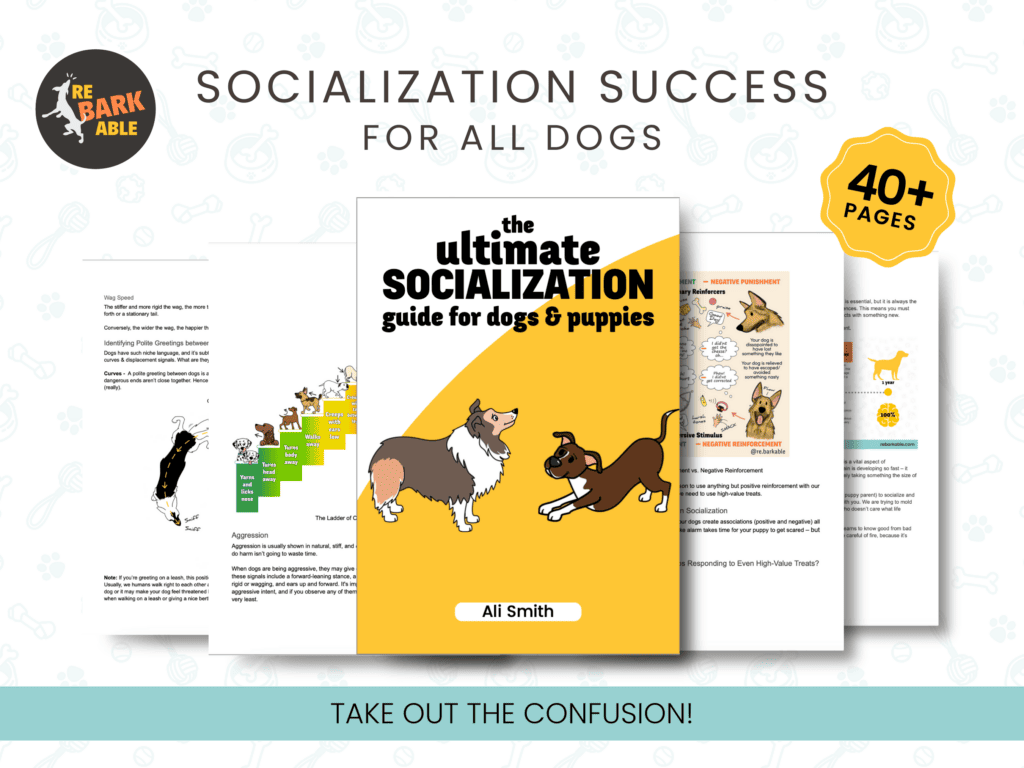
In conclusion, it’s important to remember that the transition from puppy to adult dog behavior doesn’t happen overnight. Patience, consistency, and loving guidance are the keys to ensuring your teething puppy progresses into a well-behaved adult.
How to Help Your Puppy Stop Biting Sooner
While puppy biting is a normal part of their growth and development, it is also crucial to guide them into understanding appropriate behavior. Here are some strategies to help your puppy stop biting sooner.
1. Redirect
Grab that rope toy and encourage tug of war, grab a bully stick and let them chew. Picking an appropriate toy, or appropriate object for this behavior (or an alternative behavior) is one of the single best ways for new puppy parents to teach their young puppy – and is entirely reward-based training!
2. Provide Plenty of Chew Toys
Chew toys can provide a great outlet for your puppy’s biting. Ensure you suitably “puppy-proof” your house and redirect them towards their toys. This maneuver not only prevents them from chewing on inappropriate items but also makes them understand what they can and cannot bite.
3. Use a Teething Aid
Consider using a puppy teething aid, especially during the more trying teething times. A teething aid or chew toy designed to soothe sore gums can be a great help.
4. Redirect to Appropriate Behavior
Whenever your puppy begins to bite your hands or feet, redirect them to another behavior like sitting, laying down, or focusing on a toy.
5. Keep a Consistent Schedule
A well-rested and well-fed puppy is a happy puppy. Making sure they have enough food, sleep, and exercise time can go a long way in reducing the frustration and restlessness that can sometimes lead to biting.
Remember, every puppy is different, and training takes time and patience. Consistency is key in laying the foundation for good habits and behavior. Even if you don’t see immediate results, persistent and patient training will pay off in the long run.
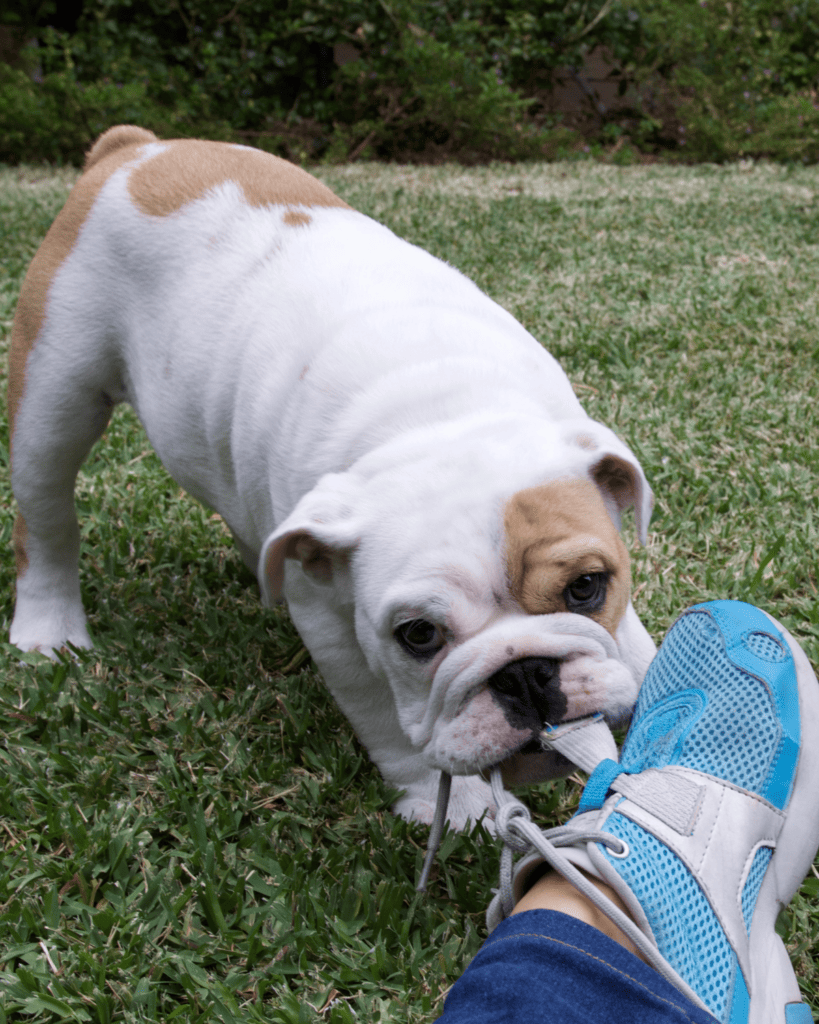
Mistakes to Avoid While Training Your Puppy
Training your puppy can be challenging, and it’s not uncommon for new dog owners to make a few mistakes along the way. Here are some common errors to avoid while trying to stop your puppy from biting, as they can prolong the biting phase or even worsen the behavior:
1. Inconsistent Responses to Biting
Inconsistency in your response to your puppy’s biting will hinder their ability to learn appropriate boundaries. If you sometimes allow biting or let other family members do so, your puppy will become confused, which may prolong the biting phase.
Solution: Ensure that everyone in the household is on the same page when it comes to how to respond to biting. Consistency is essential in reinforcing boundaries and desired behaviors.
2. Using Punishment or Intimidation
Punishing or intimidating your puppy can lead to fear and anxiety, potentially exacerbating the biting issue. The use of fear-based training methods could also harm your bond with your puppy and make trust-building more challenging.
Solution: Adopt positive reinforcement training techniques, which focus on rewarding good behavior instead of punishing undesirable actions. This approach fosters a trusting relationship and delivers more consistent results.
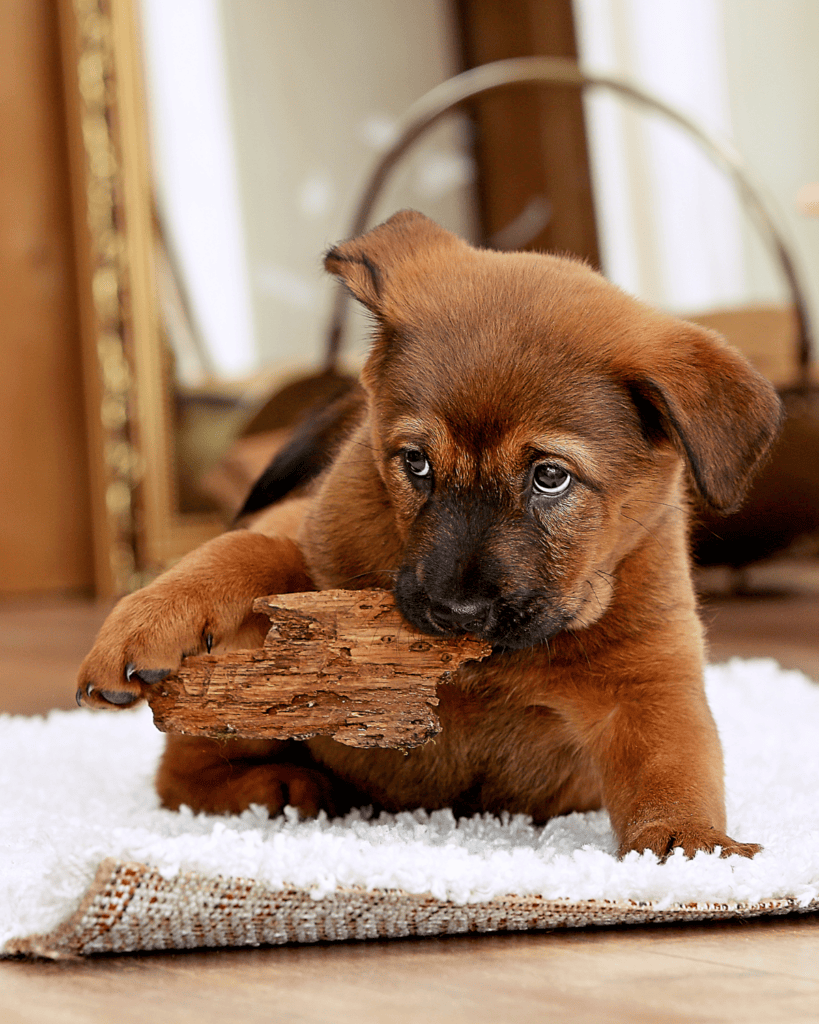
3. Insufficient Socialization
Puppies learn a lot about bite inhibition and acceptable behavior through interaction with other dogs. Without adequate socialization, your puppy may not develop proper bite inhibition or healthy manners, prolonging the biting phase.
Solution: Expose your puppy to a variety of people, situations, and animals in a controlled and positive manner, ideally during their critical socialization period (between 3-14 weeks of age).
4. Encouraging Bite-Play
Playfully encouraging your puppy to bite your hands or clothes can send mixed messages. Your puppy might not understand why it’s okay sometimes but not at other times.
Solution: Actively redirect your puppy’s biting onto appropriate chew toys or use bite inhibition training to discourage biting during playtime.
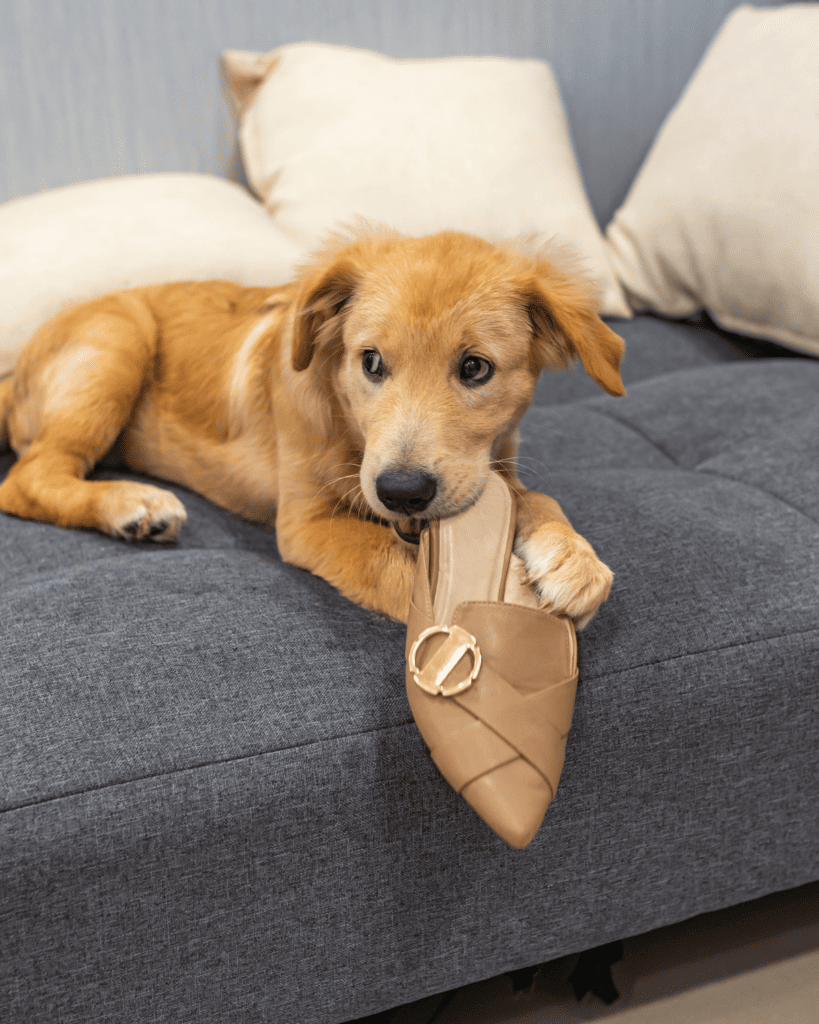
5. Overstimulating Your Puppy
Intense or prolonged play can lead to overstimulation and increased biting. An overstimulated puppy may have a harder time controlling their bite force, jeopardizing their progress.
Solution: Keep play sessions short and controlled. Pay attention to your puppy’s body language, and if they start to show signs of overstimulation (e.g., heavy panting, nipping, or jumping), initiate a cool-down break.
6. Lack of Mental and Physical Stimulation
Puppies need mental and physical outlets for their energy. Boredom and pent-up energy are common factors that can trigger biting and chewing behaviors.
Solution: Engage your puppy in regular exercise, playtime, and training sessions. Introduce puzzle toys and obedience training to ensure they have adequate mental stimulation.
By avoiding these mistakes, you can cultivate a healthier, more conducive environment for your puppy’s training, and reduce the likelihood of prolonging the biting phase.

When to Consult a Professional
While puppy biting is usually a normal part of development, sometimes the behavior can become excessive or indicate an underlying issue. Knowing when to consult a professional, such as a veterinarian or a certified dog trainer, is crucial. Here are some signs that it might be time to seek help:
1. Persistent or Intensified Biting
If your puppy continues to bite excessively despite consistent training, or if their biting becomes more severe and frequent, it could indicate a deeper issue that requires professional intervention.
2. Overly Aggressive Behavior
If your puppy displays aggressive behaviors such as growling, lunging, or snapping when they bite, this may be beyond the scope of typical puppy play. In this case, the guidance of a professional dog trainer or behaviorist might be necessary to alleviate the situation.
3. Inappropriate Resource Guarding
While some resource guarding (like protecting food or toys) is expected in most dogs, excessive or misdirected guarding can lead to biting. Consulting a professional can help address inappropriate resource guarding more effectively and safely.
4. Fear or Anxiety-Related Biting
If biting appears to be triggered by fear or anxiety, such as the presence of strangers or new environments, it may be beneficial to consult a professional who can help identify and address the root causes of the problem.
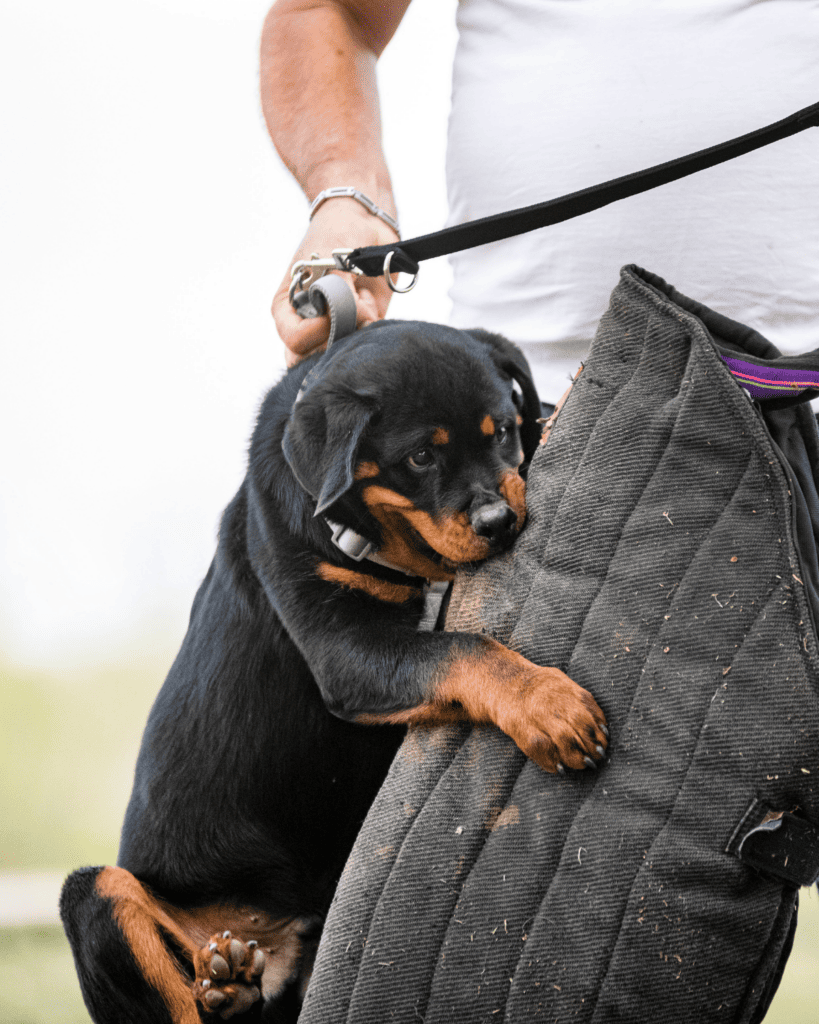
5. Pain-Related Biting
If your previously well-behaved puppy suddenly starts biting unexpectedly, it could be an indication that they’re experiencing pain or discomfort. In this case, consult your veterinarian to identify the cause and address any potential health issues.
6. Lack of Progress in Training
If you have diligently and consistently worked on training and socialization and you’re still not seeing progress in curbing biting behavior, professional advice can guide you on improving training methods or identifying any underlying issues.
It’s essential to pay attention to your puppy’s behavior and recognize when it deviates from typical development. By doing so, you can take timely action to address any potential issues and ensure your puppy matures into a well-mannered adult dog – and sometimes that means reaching out to a trainer!
Conclusion
Training a puppy not to bite is a crucial part of their early growth. Like other stages, the biting phase can present its share of challenges. Through your patience, consistency, and understanding, your puppy can learn to replace this normal yet undesirable behavior with gentle interaction.
Recognizing when to consult a professional is also crucial. Excessive biting, aggression, inappropriate resource guarding, fear or anxiety-related biting, pain-related biting, or lack of progress in training despite your best efforts indicates it’s time to seek professional help.
Remember that every puppy is unique, and the process can take time. Don’t be discouraged if progress seems slow at first; it’s all part of their learning journey. Instead, keep celebrating the small victories and remain committed to using consistent, positive reinforcement strategies. Your puppy will gradually learn to curb biting and develop into a well-behaved adult dog.
Stay patient and understanding as your furry friend navigates through this period in their life. Remember that teething, exploring their environment, and learning to socialize are all big tasks for a small puppy! Encourage, guide, and support them throughout this phase, cherishing the special bond formed during this journey together.
And if you need more guidance, why not try the little book of puppy biting?

Author, Ali Smith
Ali Smith is a professional, qualified, and multi-award winning trainer is the founder of rebarkable. She has always believed animals deserve kindness and champions force free methods. Believing that dog guardians will all choose the kindest options if proper information is provided, she aims to help all dog guardians who need it and make dog training as accessible as possible
Ali lives win Maryland, US with her husband and her three dogs.
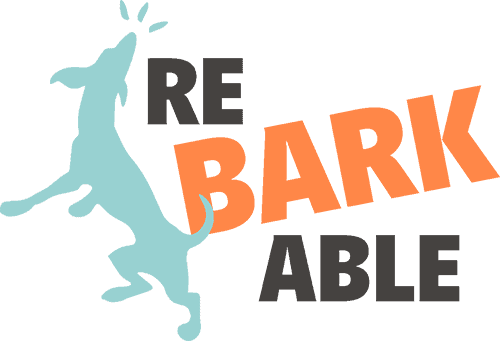



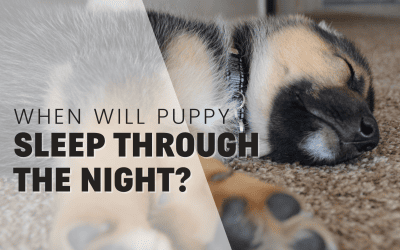
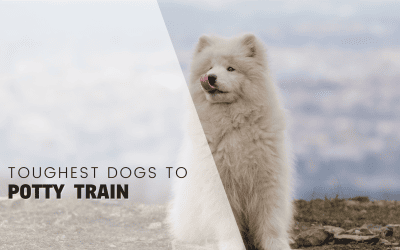

0 Comments